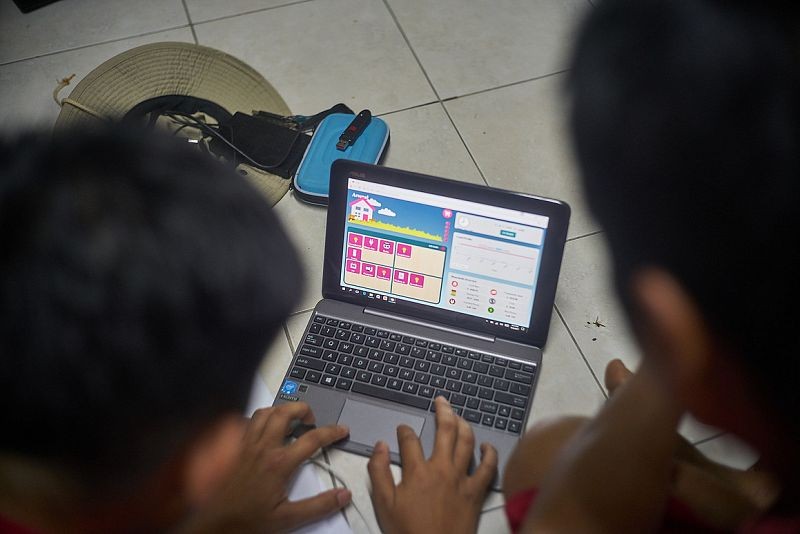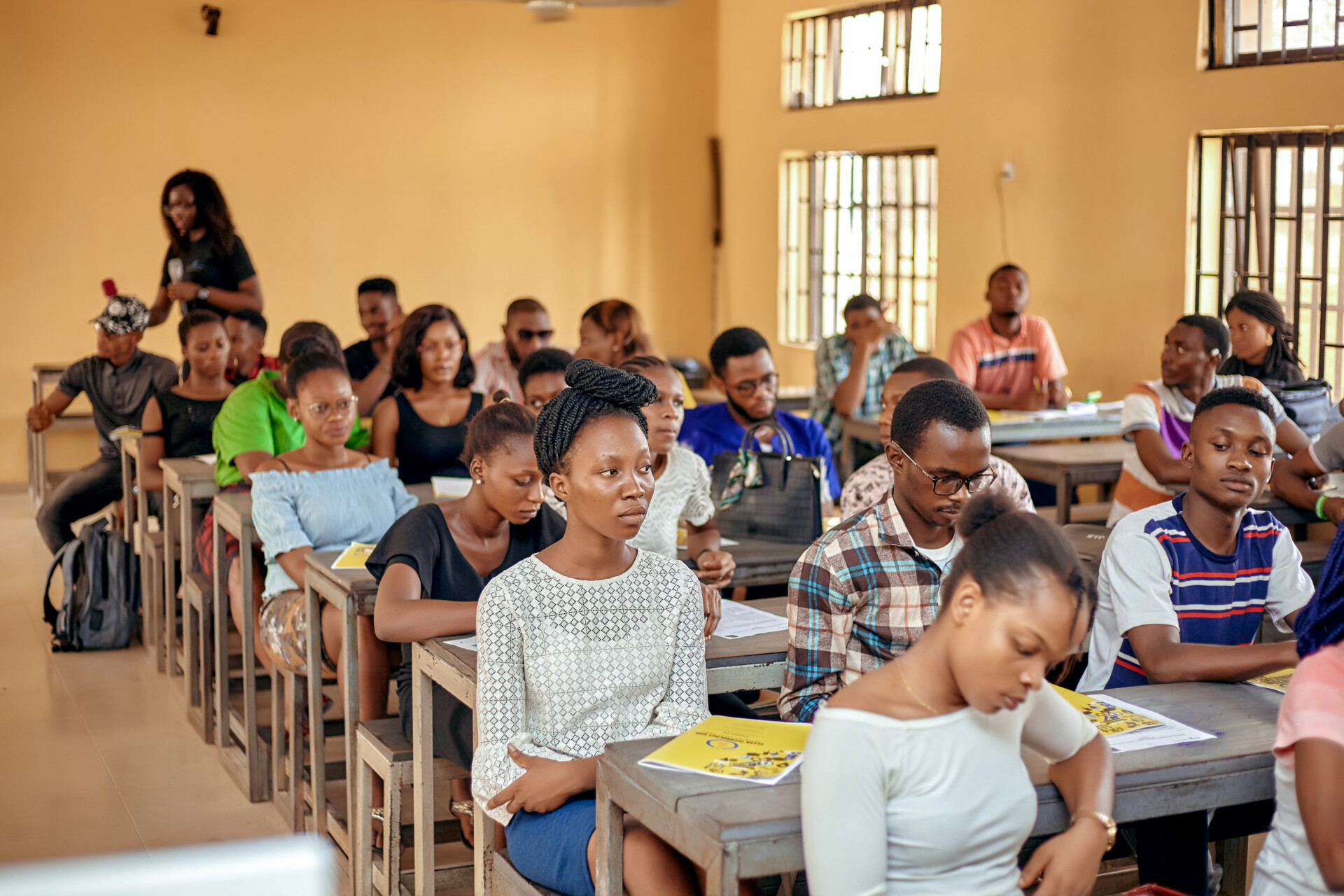Biraj Gautam and Rabin Shrestha share their lessons from the latest visits to the micro hydro power sites in Jumla and Baglung.
The Minigrid Game – A Participatory Gaming Approach to Community Energy Planning
In the Minigrid Game, networked players come together to play out household consumption and make important energy choices, like purchasing appliances, setting energy tariffs, and managing finances to pay their bills on time. Players’ individual behavior, like switching appliances on and off, or failing to make a payment, are immediately visible to everyone else.
The game is cooperative, and can only be won when the community decides on an appropriately sized system, sets a tariff that pays for its cost, and consumes an amount of energy within the limited capacity. Surprise events along the way, such as hurricanes, lost income or unexpected inheritances add to the fun and challenges that they must overcome.
Energy Action Partners have developed a software version of the game, played on wirelessly connected computers. This has been played and tested in Ladakh in India, Solo in Indonesia and in Sabah, Malaysia. The organisation is currently working on further software development and prototyping a robust, physical console that can be used as an optional user interface.
Watch a video of the online workshop:
Players will have the option of playing The Minigrid Game on a computer or electronic device using the game’s digital dashboard screen, or using the physical console, an electronic board resembling a house with miniature appliances that can be ‘plugged’ in and turned ‘on’ or ‘off’. Once completed, ENACT plans to test this prototype with a rural community in Malaysia.
Read more about recent project development on Energy Action Partners’ website. More general information is available on our SEPS project page: A Participatory Gaming Approach To Community Energy Planning in Southeast Asia: Spreading Best-Practices on Community Engagement.



